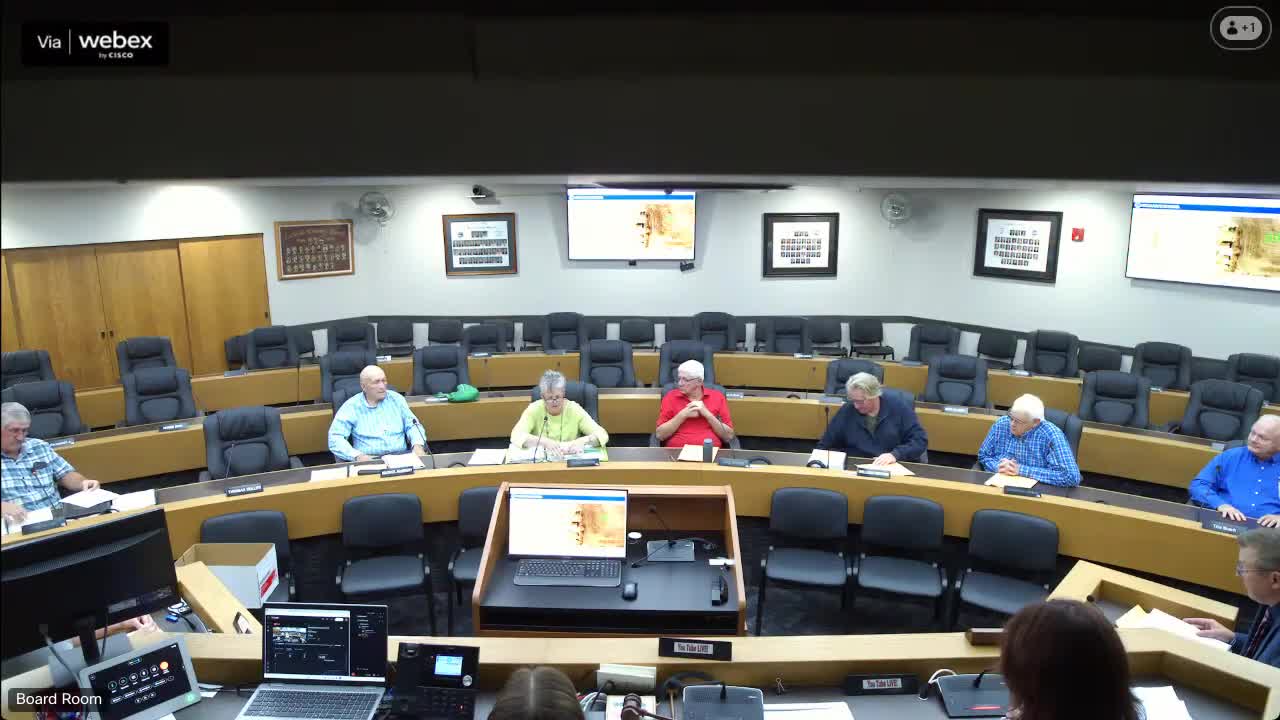Zoning board discusses data-center rules, decommissioning and recent renewable-energy updates
Get AI-powered insights, summaries, and transcripts
Subscribe
Summary
LaSalle County Zoning Board members discussed a draft data-center text amendment, decommissioning concerns, groundwater monitoring for high-capacity wells, and recent local developments on solar and wind projects and ordinances.
Members of the LaSalle County Zoning Board of Appeals discussed a draft text amendment addressing data-center development, possible decommissioning rules, groundwater monitoring for high-capacity wells, and recent local renewables developments during the Oct. 15 meeting.
Board member Deb Lane and others raised the question of planning for eventual decommissioning or reuse of data-center facilities, noting examples where facilities or industrial sites later required costly demolition. Brian Gift summarized modifications discussed by the land use committee, including aligning setback waivers for data centers with those for wind and solar, adding acoustical and landscape screening requirements for backup generators, and capping structure heights at 35 feet. Committee language was also added to require a third‑party groundwater monitoring plan when a data center proposes a high-capacity well (over 70 gallons per minute) or multiple wells whose total capacity exceeds 70 gpm.
Board members debated whether data centers should be allowed in A-1 (agricultural) districts as special uses or constrained to industrial zones; committee discussion favored directing data centers toward appropriate industrially zoned areas. Several members noted the scale of modern data centers — including a referenced 800-acre site in neighboring Will County and a separate 800-acre permitting matter in Weld County — and some expressed the view that large operators are likely to maintain or modify facilities over time rather than abandon them.
Gift also updated the board on renewable-energy items: a proposed 150-megawatt solar farm submitted in the Otter Creek footprint (application period still open) and issued permits for the Assa Grove Flats wind farm operations and maintenance foundation work expected to proceed next spring. Gift reported receiving communication from Cedar Point’s attorney describing a new municipal ordinance that imposes additional restrictions on wind and solar within a mile-and-a-half of the municipality, including a 5,000-foot setback from occupied structures; he said that prior attempts to ban turbines within a mile-and-a-half were overturned on appeal and that the new language’s implications may be subject to further legal developments.
